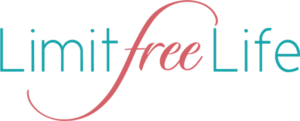What does being productive mean? It’s primarily a satisfied feeling that results from actions taken that are directly related to particular goals. The goals can range from relaxation time to large-scale business goals.
Feeling productive often requires taking the actions that are the most difficult or that “move the needle” on your project in the most distinct way, but how that is done varies for different lifestyles, temperaments, and personalities.
The important thing is that you find the tools that work for you to create the ease, organization, and focus you need to achieve amazing results.
Entrepreneurs are particularly prone to overwhelm, distraction, undirected busyness, procrastination, and “chasing squirrels” in many directions at once.
While we cannot actually control time, we can manage the decisions and choices we make throughout the day and gain more power over our results.
I recently compiled 47 ½ of the best productivity tips you’ll ever need. These can change your life if you incorporate the ones you most need into your daily routine. You can grab the entire list on my website here: https://limitfreelife.com/47-12-tips/
Below, I’ve highlighted the first five. Consider if any of these (or all) would make a difference in your productivity and consequently your success. There are 42 ½ more if these aren’t enough or don’t resonate with you.
So, take a look at these proven ideas for taking control of your days (and your future), try some out (not all at once), and track your progress. If one you try isn’t for you, there are plenty of other options.
Remember, some of the ones we resist the most could be the most valuable ones. Even if you’ve tried one before and it didn’t work for you, it could be exactly what you need at this moment. Keep an open mind.
Find your flow and then your freedom with these liberating productivity habits.
- Plan your actions and work your plan. Identify where your plans and daily activities can live. Spend time creating a calendar that meets your needs and is easily accessible. I prefer both a digital calendar system and an agenda that I can write in. There is some crossover, but the paper calendar allows flexibility and ad hoc “to do” additions, notes, and other reminders on the fly. The paper in front of me also keeps me focused. The digital calendar provides alerts and automated engagement with those with whom I have appointments.
- Give activities their time. All activities and “to do’s” must have a place on the calendar. If they do not, there may very well not be time for them. Make sure everything you want to do is added to the calendar with a date and time, or put it off until there is, in fact, room on your schedule for the task
- Brain dump Wednesdays. Every week, take an hour and spill all your to-do’s, ideas, and project tasks onto a document that will help you release the stress of carrying information in your head and hoping not to forget anything. Using a google sheet or another type of spreadsheet will allow you to have a main page with all your projects (current and future) on it. You can set up tabs for each project that allows you to list the task details as well. Move the most pressing projects to the top of the page and acknowledge where your focus needs to be for the upcoming week. All other projects and their specifics will be there for the future (whether that is next week or a year from now).
- Track time. The busier we are, the less we may know about our time and how we are spending it. It’s an important exercise to track how you actually spend your time. It’s very similar to tracking money or food. We have preconceived ideas about what we are eating or spending, but tracking it often reveals new information. Take 2 weeks and literally track what you do in 15 or 30-minute increments (it could be longer or shorter depending on your occupation). You can do this digitally or on paper, whatever will facilitate you being able to document your activities. This helps you to see how your time is actually spent and informs you how long tasks really take, valuable information for future planning and scheduling.
- Delegate where possible. Once you have tracked your time, study your findings to see if you are spending time in the “right” places. There are things that are your “zone of genius” as Gay Hendricks discusses in “The Big Leap.” Those activities are best done by you! There are likely other aspects of your work or personal life that, if delegated, would free you up to spend more time in your “zone” and may also be done better by someone else (they might be that person’s “zone of genius).” Track the tasks you should be doing and those someone else should do. List everything you are doing, as well as what you would like to do, and ask yourself – “Does it have to be me?”
Test these tips out and tackle others as these become routine. Feeling productive creates positivity and confidence in yourself. This creates momentum and excitement about new goals. A foundation of productive habits pays huge dividends every day.
Do you have a favorite productivity habit you want to share? I’d love to hear from you!


